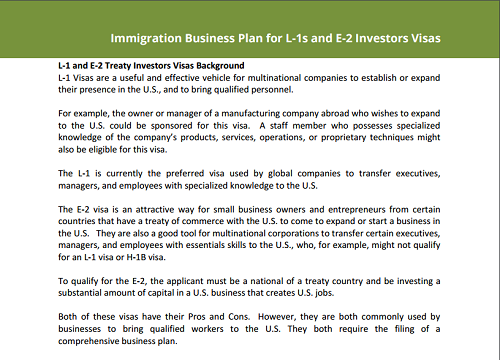Achievement Motivation Theory - Term Paper.
David McClelland’s achievement motivation theory has proven that this form of motivation is indeed key to determining the influence on academic performance, as well as being an important psychological indicator for one’s success and failure in life. Achievement Motivation How each of us develop the will and desire to succeed in certain.
David McClelland’s Theory of Achievement Motivation David McClelland (believes that the need for achievement is a distinct human motive that can be distinguished from other needs. One characteristic of achievement motivated people is that they see to be more concerned with personal achievement than with the rewards of success. He believes.

McClelland Theory A brief review- Three needs theory McClelland is a renowned American Psychologist best known for his Motivation Theory. In the 1940s, McClelland stated that once an individual has fulfilled his basic needs of food and shelter, an individual would have 3 kinds of motivational needs.
David C. McClelland’s and his associates’ investigations of achievement motivation have particular relevance to the emergence of leadership. McClelland was interested in the possibility of deliberately arousing a motive to achieve in an attempt to explain how individuals express their preferences for particular outcomes — a general problem of motivation.

In his achievement motivation theory, McClelland proposed that there are two kinds of achievement motivation, one oriented around avoiding failure and the other around the more positive goal of attaining success. Atkinson, another motivational theorist, drew from the work of Lewin and McClelland in forming his need-achievement theory, a.

In sport, motivation and fear of failure are among the vital determinants of an athletes performance. The current study aims to study the role of gender on the type of motivation and the level of fear of failure among college athletes.

Handbook of Competence and Motivation: Theory and Application Andrew J. Elliot, Carol S. Dweck, David S. Yeager (eds.) Now completely revised (over 90% new), this handbook established the concept of competence as an organizing framework for the field of achievement motivation.

Theories relating to power and politics David McClelland’s motivational needs theory McClelland is chiefly known for his work on achievement motivation, but his research interests extended to personality and consciousness. David McClelland pioneered workplace motivational thinking.

Motivation and factors affecting motivation. 4 Theories of motivation. Here we present two key theories of motivation, which have been used to understand how people are motivated: need achievement theory (McClelland, 1961; Atkinson, 1974) Weiner’s model of attribution (Weiner, 1985). Need achievement theory (McClelland, 1961; Atkinson, 1974) The aim of need achievement theory is to explain.

Essays david mcclelland achievement motivation theory in education Home Uncategorized Essays david mcclelland achievement motivation theory in education. Essays david mcclelland achievement, motivation in achievement education Essays Don't Mistake My Silence for Ignorance Photos. Posters, Prints and Wallpapers Don't Mistake My Silence for Ignorance.

Introduction People are motivated to work by an internal force that drives a person’s persistence, direction and effort to work (Wood et al, 2010), satisfying the intrinsic and extrinsic needs people have such as money and security. Needs are desired.

McClelland (1985) hypothesized that motives and emotions are linked in specific ways, with each primary emotion relevant to only one motive. Two studies were generally supportive of the specific.

May 19, 2016 - Words that provoke thought or inspire us. See more ideas about Words, Sayings and Inspirational quotes.


